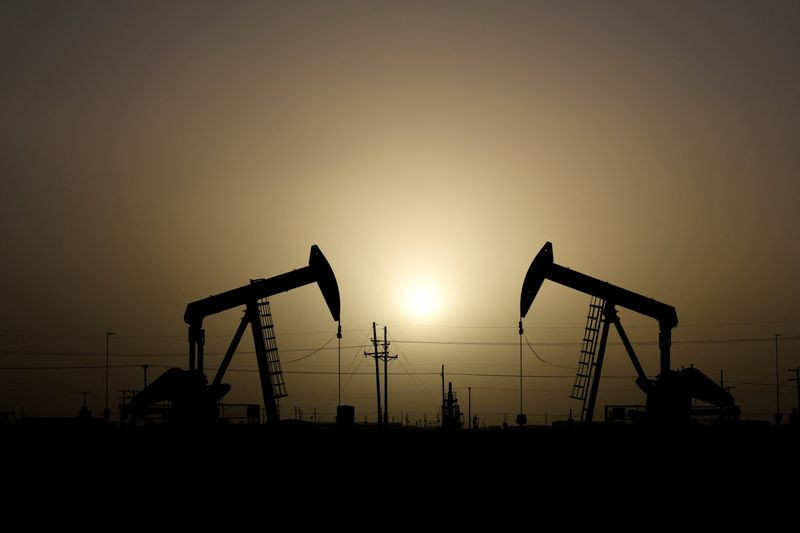Oil prices increased to their highest level during the year this week, continuing their rise, which strongly highlighted the possibility of returning to the level of $100 per barrel before the end of this year, according to the expectations of some analysts.
Oil contracts have risen sharply this month so far, achieving the third weekly gain in a row, with Brent and West Texas Intermediate crude oil settling at their highest levels this year on Thursday. This is amid increasing expectations of shrinking supplies.
Saudi Arabia, OPEC's largest producer, said on September 5 that it would extend its production cut by one million barrels per day until the end of the year, with Russia, a non-OPEC member, pledging to reduce oil exports by 300,000 barrels per day until the end of the year. They said they would review their voluntary cuts on a monthly basis.
Analysts at Bank of America noted that they now believe oil prices could soon rise above $100.
“If OPEC+ maintains ongoing supply cuts until the end of the year against the backdrop of positive demand in Asia, we now believe that Brent prices could rise to above $100 per barrel before 2024,” analyst Francisco Blanche said on Tuesday in a research note.
Tamas Varga, of oil brokerage PVM, said the jump towards $100 a barrel seemed reasonable, citing production curbs from Saudi Arabia and Russia, upcoming refinery maintenance, structural diesel shortages in Europe, and a growing consensus that the current cycle of tightening... Monetary policy may soon come to an end.
However, such a rise also implies renewed inflationary pressures, Varga continued to CNBC on Friday. He said that this was reflected in the US inflation data last week and the rise in consumer spending, which indicates that interest rates may remain high for a longer period and could have a negative impact on economic growth and demand for oil... He added: For this reason, I believe that any rise towards... $100 will be short-lived.
The International Energy Agency warned on Wednesday that the production restrictions imposed by Saudi Arabia and Russia will likely lead to a large deficit in the market during the fourth quarter, noting that the production restrictions imposed by OPEC+ of more than 2.5 million barrels per day since the beginning of the year have so far been compensated by... By members outside the OPEC+ alliance, such as the United States and Brazil.
From September onwards, the loss of OPEC+ production will lead to a significant supply shortage during the fourth quarter, the agency said.






































